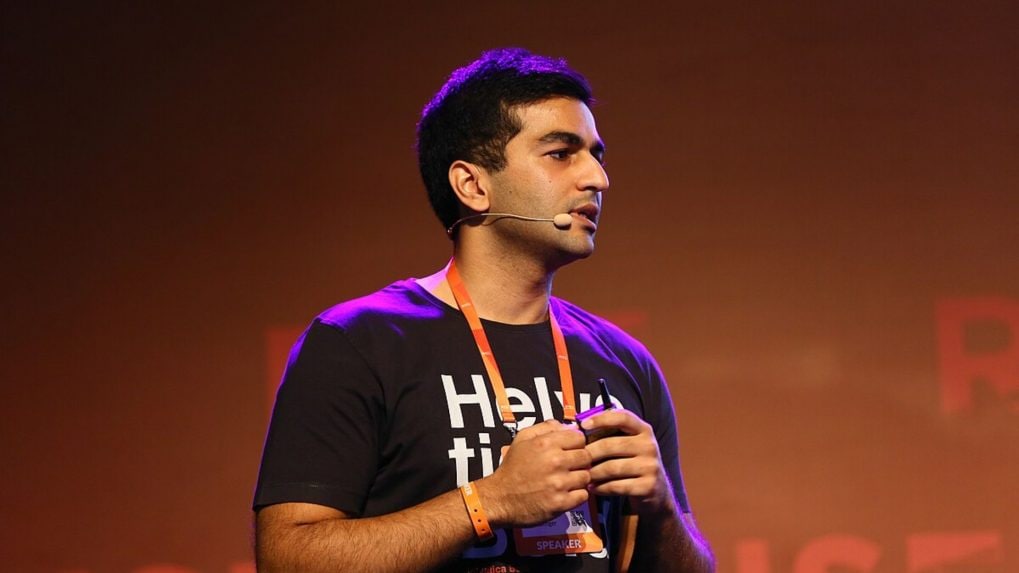Gaming
From Valsad to SC: Justice Pardiwala holds fate of $3 billion gaming industry, 2 lakh jobs

Bharti Airtel scion Kavin Bharti Mittal is among the founders impacted by the Indian government’s decision to ban real-money gaming (RMG).
Mittal announced that his casual online gaming platform, Rush, will exit India following the government’s move, and will now shift its focus to the US and other global markets. Calling the Centre’s decision “disappointing,” he added, “Had this decision been made earlier, with clearer communication, it would have saved billions in investments and spared the industry from being left in limbo.”
Referring to the recent increase in the GST slab on gaming to 40%, Mittal said, “Years of regulatory ambiguity, and now a bill rushed through to ban all RMG without industry consultation — the message is loud and clear.”
He also anticipated that the government would take a similarly tough stance on cryptocurrency, which further influenced his decision to wind down operations in India. “India also chose not to embrace crypto, leaving behind the promise of Web3 ownership, which is the very foundation of what we’re building,” he said.
He added, "The US is moving toward clarity. The Genius Act for stablecoins has passed. The Clarity Act for tokens is on the horizon. Together, they create one of the most exciting environments in the world to build in Web3".
According to Mittal, Rush reported a 10 times higher Average Revenue Per User in the early stage in the global market and a "superior" returns of ad spends (ROAS).
In India, Rush scaled to over $500 million in gross revenue in four years. According to a report by Moneycontrol, the majority of Rush's team has been working on the US opportunity since January. Rush has around 100 employees working across India, the US, Dubai, and Singapore.
Further, Mittal said that the US offers new business models beyond RMG, including advertising and virtual goods, which he said are multi-billion-dollar categories with much higher consumer spending than in India.
"The US also opens up new business models beyond RMG — Advertising & Virtual Goods — categories already worth billions, with far higher consumer spend than India," he added.
Mittal launched Hike in 2012, it quickly became popular among young users with fun stickers, private chats, offline SMS, and even news updates. By 2016, it had over 100 million users and was valued as a unicorn. But by 2021, Hike had shut down. Subsequently, Mittal started building a casual RMG platform called Rush. It featured 14 money-based mobile games and incorporated Web3 technologies that enable user ownership and play-to-earn mechanics.
Apart from Rush, leading RMG companies, including Dream11 parent company Dream Sports, Gameskraft, Mobile Premier League (MPL), and Zupee, have started suspending contests and games involving money on their platforms.
Big-ticket buying decisions now demand more than just logic and product specs – they require trust, emotional connection, and brand stories that resonate.
Read MoreNazara Technology has invested Rs 805 crore in Moonshine via equity (cash and stock) and holds compulsory convertible shares worth Rs 255 crore.